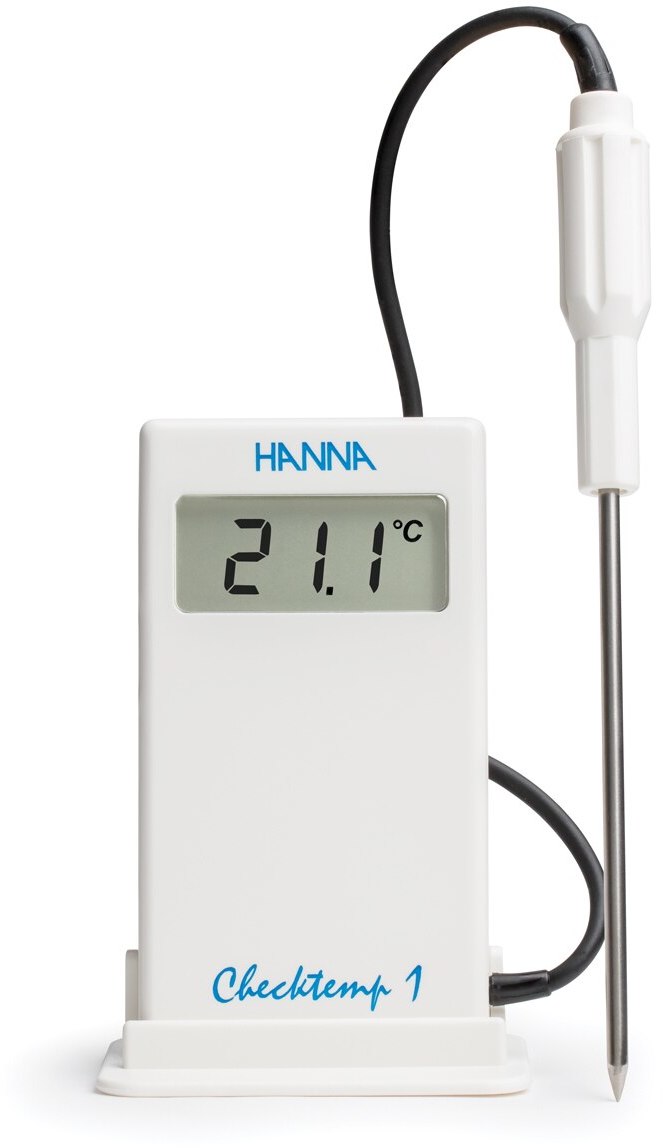Farmers report rising fuel prices and fuel shortages

Such price growth, of course, entails an increase in the cost of the products produced by farmers. "And with the state's desire to maintain prices for agricultural products by administrative means, this is a drop in profitability, and possibly losses for agricultural enterprises," Nezhenets points out. He adds that not only is there an increase in the price of diesel fuel, but also a shortage of it. "We are in the Krasnodar Territory, and the cars are parked for days in Tambov to fill up with diesel fuel - there is no way to do this closer," he complains.
In all regions where the AgroGard group of farms operates, there has been a very significant increase in fuel prices. "Thus, in the Southern Federal District, prices have increased by 25% since May, and in the last two weeks alone, the cost of diesel fuel has increased by 12.5%; in the Central Federal District, the increase in fuel prices has also been 25% since May," compares the company's CEO Pavel Tsarev. In addition to the increase in prices, there are also problems with the delivery of fuel to enterprises in the Krasnodar Territory. "There is currently a fuel shortage in the Krasnodar Territory, so it is being brought from adjacent regions - the Voronezh, Lipetsk, and Tambov regions," Tsarev told Agroinvestor.
The rise in fuel prices will certainly have the most negative impact on both current costs and the final financial result, he predicts. "It is highly likely that we will exceed the planned annual limits on fuel and lubricants, which means that the cost of our products will inevitably increase," Tsarev reasons. "The market situation is currently unstable, so it is difficult to predict whether we will be able to recoup the increase in cost with a good price for the products. There are no prerequisites for such a forecast yet, and this, in turn, means a decrease in profitability."
Igor Polyakov, CEO of Tambovskie Fermy, says that fuel prices are constantly rising, but he has not noticed any sharp jump recently. "The problem now is different - due to the fuel shortage in the South, all agricultural producers are coming to us, to the Center, for it. And we now need a huge amount of fuel and lubricants, since the harvest is underway," he shares.
According to the DIRECTOR, if diesel fuel carriers usually deliver it the day after the order, now the waiting period has increased to three to four days. "If farms have the opportunity to accumulate fuel reserves, they can wait, but for enterprises that cannot do this, the situation is critical," he emphasizes. Polyakov fears that if the situation does not normalize by September, then producers of late agricultural crops - sunflower and soybeans - may have problems with fuel and, possibly, with harvesting.
The price of summer diesel fuel on the stock exchange fell for the first time by 0.35% following trading on August 18, to RUB 67,768 per tonne. Before that, it had been continuously rising since July 31, with overall growth over this period amounting to almost 19%. The growth of stock exchange prices for fuel began to accelerate in the second half of April, amid the government's plans to halve — from RUB 60 billion to RUB 30 billion per month — the amount of budget compensation to oil companies for holding down prices on the domestic market (fuel damper). Finance Minister AntonSiluanov voiced this idea in April, and President Vladimir Putin signed a law at the end of July introducing corresponding amendments to the Tax Code.
Vladimir Matyagin, President of the National Association of Freight Automobile Transport "Gruzavtotrans", previously told the "National News Service" that the rise in diesel fuel prices was due to collusion between fuel companies. Interfax sources note that there are problems with the timely delivery of Russian Railways railcars with petroleum products to the final branches of fuel supply companies. The press service of "LUKOIL-Yugnefteprodukt" explained to the Internet portal "Kuban 24" that against the background of a significant increase in seasonal automobile traffic in the Krasnodar Territory, as well as a significant increase in the number of additional passenger trains, temporary problems are being recorded with the supply of petroleum products to oil depots located in the region.
In early August, the Ministry of Agriculture reported that it had received requests from a number of regions about rising prices for fuel and lubricants for the agro-industrial complex. During a meeting held at the department, it was decided to develop a plan for purchasing petroleum products during a period of low demand, continue monitoring the price situation and implement the agreed increase in standards for the sale of diesel fuel and motor gasoline on the exchange. On August 18, the press service of the ministry told Interfax that requests had been sent to the Ministry of Transport and the Ministry of Energy. Also, according to the agency, a meeting on stabilizing prices for fuel and lubricants, especially in important agricultural regions, was held at the Ministry of Energy with the participation of the Ministry of Agriculture and fuel companies. Based on its results, fuel companies were recommended to take a set of measures to contain prices.
Read together with it:
- A tanker carrying Russian oil bound for India has been turned back after US sanctions.A vessel carrying 750,000 barrels of oil , which departed Primorsk on October 20, turned back a week after the US imposed sanctions on Rosneft and Lukoil. it was scheduled to sail to India.A tanker carrying Russian oil bound for India has changed course and is now drifting in the Baltic Sea, reportsBLOOMBERG, citing data from the Kpler and Vortexa vessel tracking platforms, clarifies that the situ...
- Цены на говядину в Ростовской области резко увеличилисьЦены на яйца, в свою очередь, колеблются в зависимости от затрат на корма, ветеринарные препараты, энергоресурсы и упаковку, однако в этом году они снизились на 18,35%. На фоне этого также наблюдается падение цен на некоторые фрукты и овощи, входящие в «борщевой набор»: капуста подешевела на 26,48%, картофель на 14,......
- В России растет популярность дистанционного сельского хозяйства: участники получают свежие продукты с фермыФермеры также предлагают возможности инвестировать в рогатый скот, предоставляя возможность "купить" корову и получать до 25% годовых в виде натуральных продуктов — молока, сметаны, сыра и масла. Алексей Жаров, фермер из Калужской области, сообщил, что в его хозяйстве выращивается от 70 до 94 различных культур, и урожай делится между участниками. Некоторые семьи из города оформляют "продуктовую по...



























































